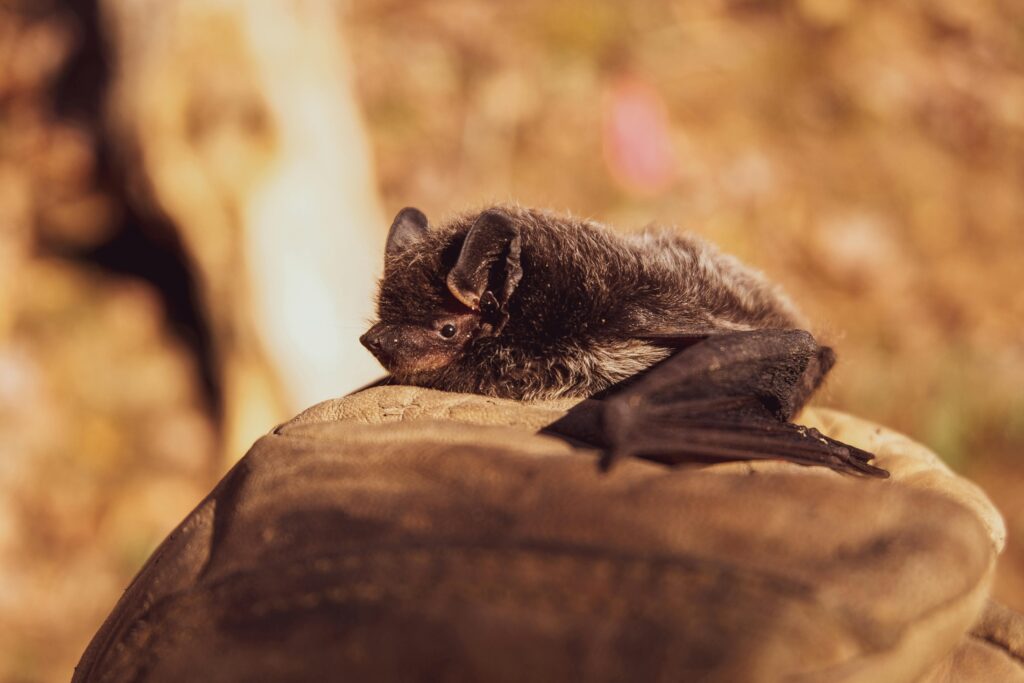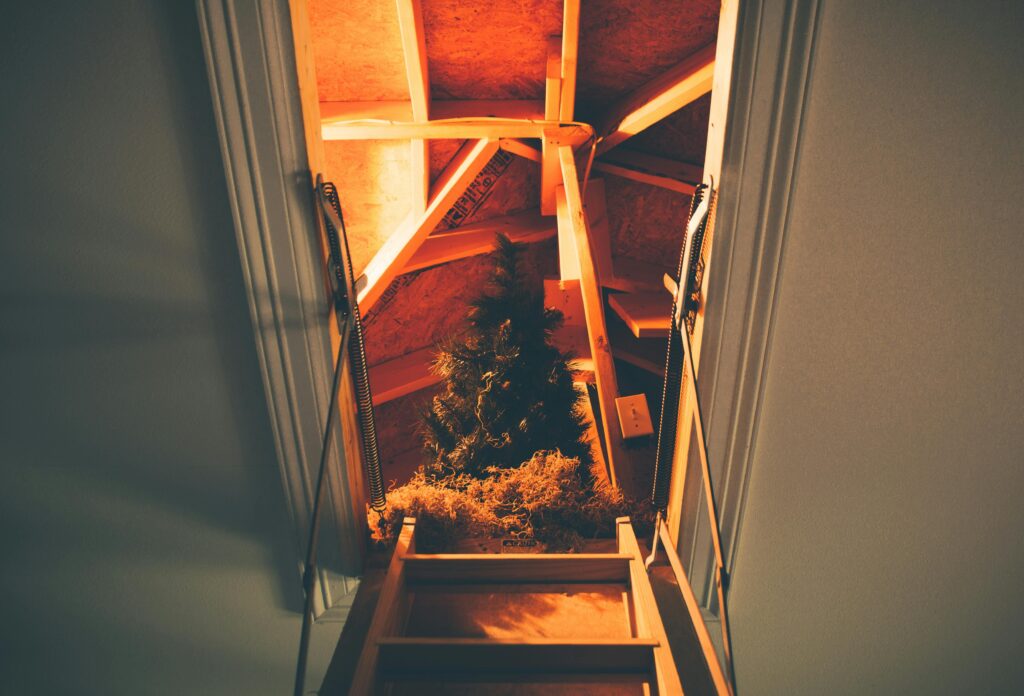British summer time is here – officially, if not quite weather-wise. I’m looking forward to the days when I can leave your windows open in the evening to let in some cool air. On very rare occasions, a bat may fly in through that open window. If you’ve read my earlier blogs on the subject of rats and squirrels making themselves at home in your house, you won’t want to hear what comes next. That bat may have strayed from its roost elsewhere in your property – in an outbuilding, under the eaves or possibly, in your loft.
Before you go looking for bat roosts, I must make one thing clear. Bats are protected under the Wildlife and Conservation Act 1981 and the Conservation of Habitats and Species Regulation 2017. It is an offence to disturb the bats or to block access to their roosting place. That applies to every bat species. They may starve if they are woken early from hibernation and mother bats may abandon their young if approached in summer. They are so sensitive to disturbance that your best course of action is not to enter areas that you suspect may be their roosting places.

If you’re curious about whether you have bats, go outside in summer and watch. Bats emerge from their roost in the hours immediately before or after sunset, wriggling out from tiny gaps under roof eaves or lead flashing. An adult pipistrelle bat can squeeze through a gap measuring 2 centimetres in diameter; anything slightly larger is an open gateway for any bat.
Bats have an annual cycle of hibernation in winter and activity in summer, and they need different kinds of roost for each season. Your property might provide either kind of roost, or possibly both. If they use your property as a winter roost, you may never notice them; if you have a summer roost, young bats may lose their way and blunder into your house through an open window. If you have a bat flying around your room, don’t panic – they are lost and looking for a way out. Close the door to keep them in that room and leave a window open. They will soon detect that gap and fly out.
You will need training and a licence to handle bats, so don’t attempt to catch them in flight or pull them from their roosting place. You don’t need a licence to pick them up for the purpose of rescuing them if they have fallen or been attacked, but do wear gloves. Like any wild creature, they will bite if they feel threatened. There has been only one case of a person catching rabies from a bat bite in the UK, but please, don’t risk being the second case. If you do find a live bat on the ground, the best thing you can do is to protect it from predators, and that means putting on thick gloves, picking the bat up very gently and putting it into a small box with airholes. Put a bowl of water and a tea-towel into the box, so that the bat can crawl into the cloth to hide. Check the Bat Conservation Trust’s website for further advice on where to get the bat checked for injuries and how to release the bat safely.

Bats are good neighbours. It’s possible that bats have roosted in your home for years without drawing your attention. They don’t chew through wires or pipes – they don’t drag nesting material into place – they don’t damage the structure of the place where they roost. They use existing cracks and crevices in buildings rather than carving out a new space for themselves. They don’t tear up insulation to build nests. There’s very little urine and their droppings are dry, crumbly and almost odourless as their main diet is insects. You may have been hosting bats for years without realising that they are there.
If you call us because you have bats living in your loft or in your garden shed, we won’t come out and evict them. We will refer you to the Bat Conservation Trust, who will give you all the advice you need to come to a compromise with your colony. You aren’t expected to let bats roost in the living areas of your house, but you will need a licenced bat handler to remove them – again, the Bat Conservation Trust will put you into contact
In exchange for letting bats live in the hidden places in your house, you get to watch them flying around on summer evenings, hunting for their insect supper. They do a superb job of pest control – mosquitos beware.
FURTHER INFORMATION:
The Bat Conservation Trust website at https://www.bats.org.uk/ has FAQs and articles to answer commonly asked questions about bats. They can be contacted during office hours on 0345 1300 228, and there is a link on the website to an out-of-hours line staffed by volunteers to answer specific or unusual queries. Their email address is enquiries@bats.org.uk.

